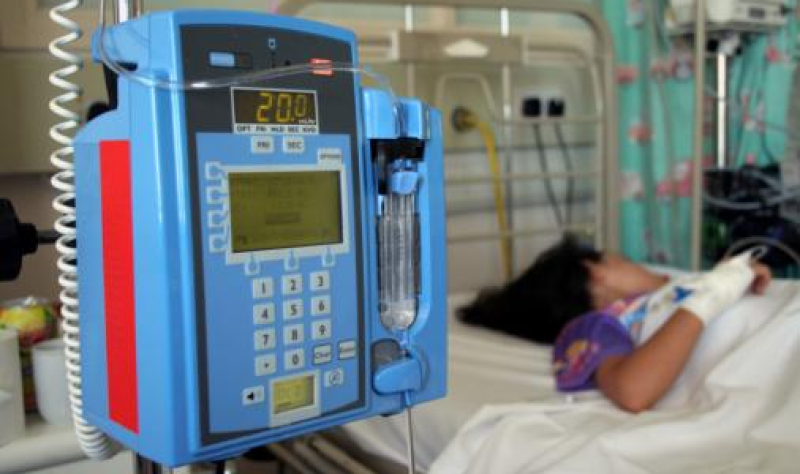COVID reinfection may raise risk of persistent symptoms by 35%
The cumulative incidence of long COVID among reinfected and non-reinfected participants was 11% and 8% in the post-index year, respectively.


US adults reinfected with SARS-CoV-2 may be at a 35% greater risk for long COVID than those with one-time infections, a team led by the independent research institute RTI International posted last week on the preprint server medRxiv.
For the observational, non–peer-reviewed study, investigators examined the electronic health records of the COVID-19 cohort of the National Clinical Cohort Collaborative, part of the Researching COVID to Enhance Recovery (RECOVER) Initiative, to create a matched cohort of 424,616 reinfected and un-reinfected controls.
The infected participants, who came from 85 hospitals and hospital networks, had COVID-19 at least once between March 2020 and December 2023 and had an Omicron reinfection 60 or more days later between November 2021 and June 2024.
The researchers also performed a subanalysis based on 13 study sites with robust vaccination reporting to evaluate the effect of vaccination status and reinfection on rates of long COVID. Participants were stratified into one of four groups: unvaccinated before index date, vaccinated only before the first infection, vaccinated only between the first infection and index date, or vaccinated both before first infection and between first infection and index date.
More recent vaccination may lower risk of long COVID
A total of 25,677 (12.1%) cases of long COVID occurred among reinfected participants and 18,460 (8.7%) long-COVID cases occurred among their non-reinfected peers. The cumulative incidence of long COVID among reinfected and non-reinfected participants was 11.1% and 8.2% in the post-index year, respectively.
Those vaccinated between first infection and index faced lower risks of long COVID from reinfection than those only vaccinated prior to their first infection, suggesting that more recent vaccinations may lower the risk of long COVID following reinfections.
Among patients similar to those who got COVID-19 again, reinfections resulted in a 35% increase in the risk of developing long COVID (risk ratio [RR], 1.35; absolute risk difference [aRD], 0.029). The finding held across most stratifications, including sex and timing and severity of first infection, but differed by age-group. The youngest groups had lower aRDs (ages 18 to 25 years, 0.011; 26 to 35, 0.019) than older groups (36 to 50, 0.034; 51 to 65, 0.037; 66 and older, 0.036).
The subanalysis found overlapping risk ratios for most vaccination groups, but risk was generally lower among those vaccinated after their first infection but before the index date (RR, 1.19) and before the first infection and pre-index date (RR, 1.21). RRs were higher for participants vaccinated before their first infection but not pre-index (RR, 1.45) or not at all (RR, 1.33).
“Those vaccinated between first infection and index faced lower risks of long COVID from reinfection than those only vaccinated prior to their first infection, suggesting that more recent vaccinations may lower the risk of long COVID following reinfections,” the study authors wrote. “However, this effect was not consistent across all groups.”
“Vaccinated individuals tended to be older with more comorbidities and utilization, resulting in higher overall incidences of long COVID,” they added. “More research is needed to discern how vaccination modulates the likelihood of a reinfection to lead to long COVID.”



